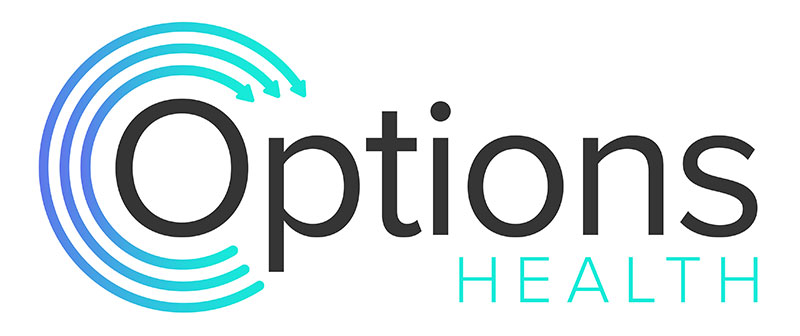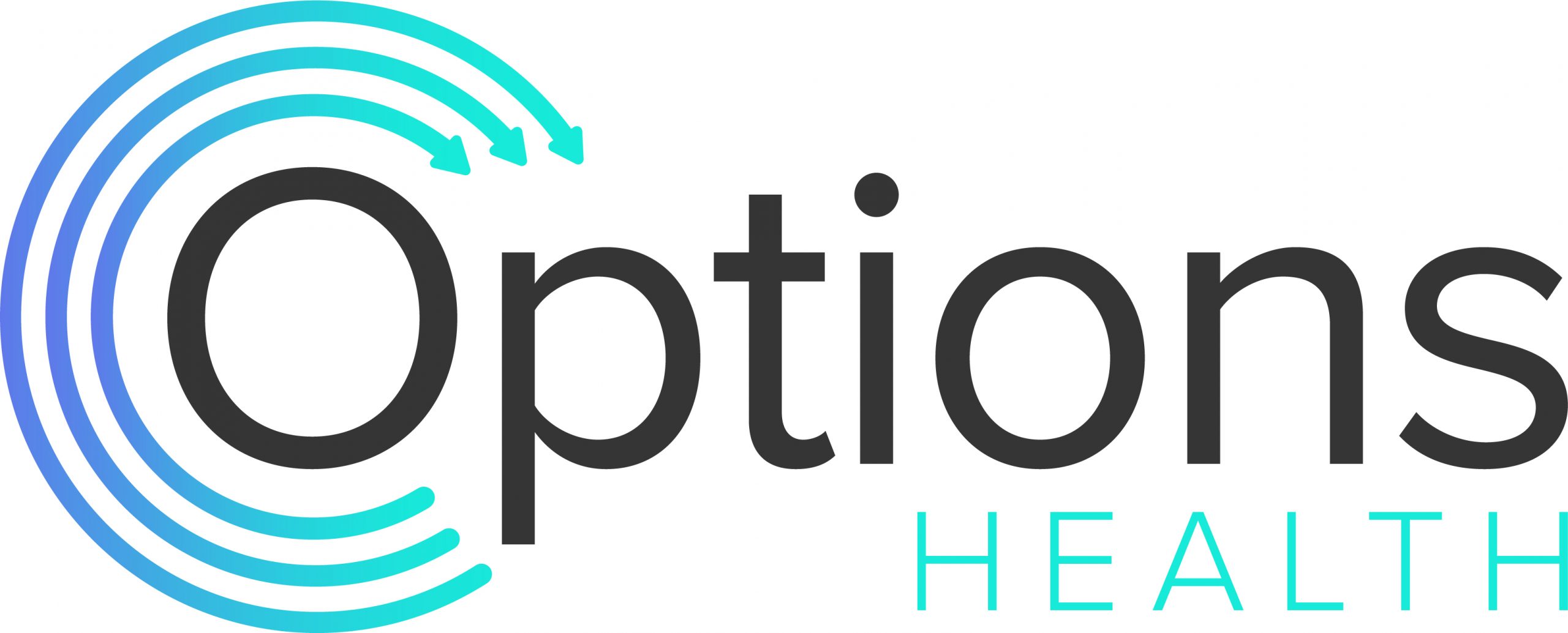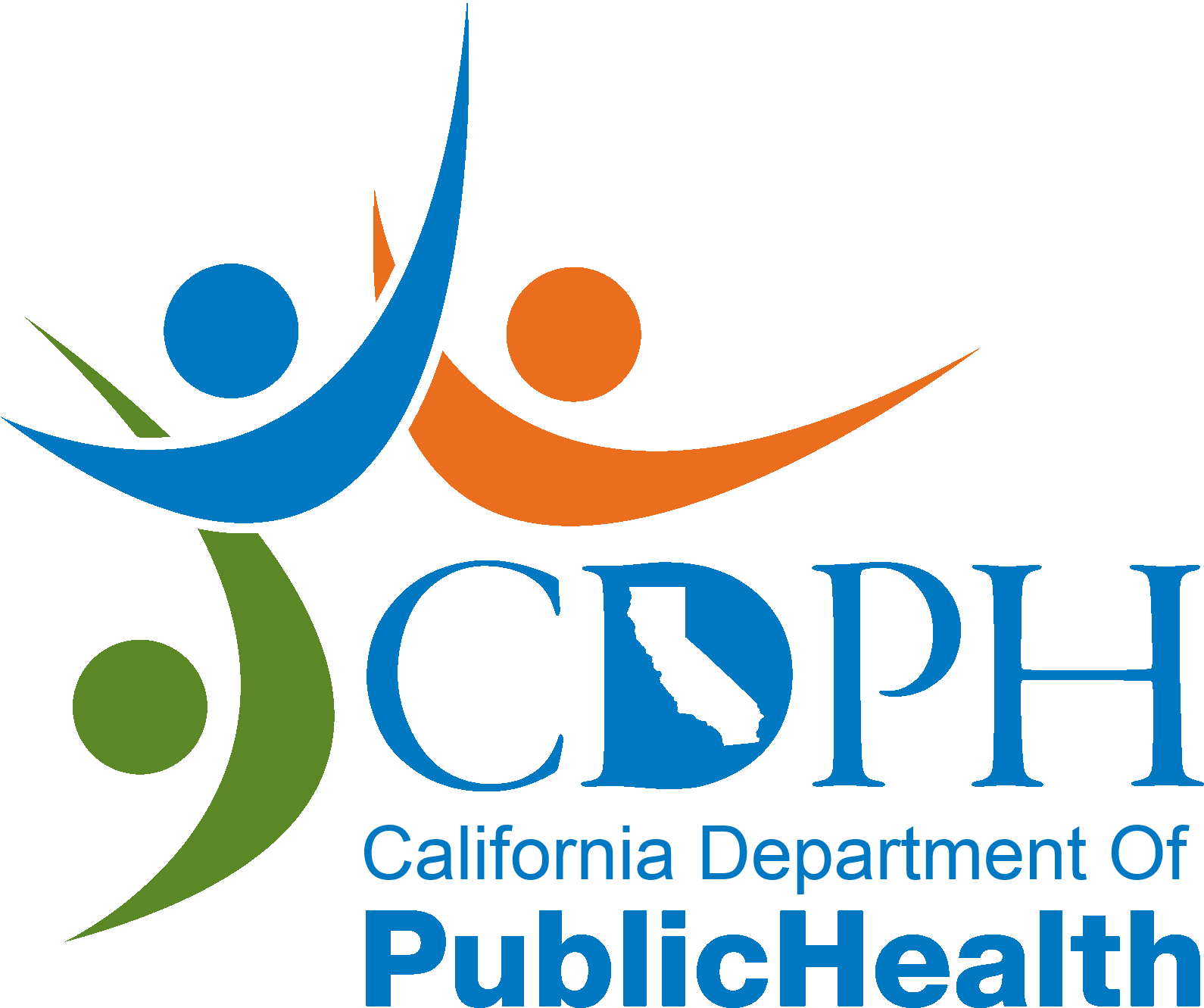Co-parenting is a complex path for parents to walk as they are raising children between two households. We are currently in the fourth part of a five-part series on co-parenting and in this post, we will be covering the topic of risks and struggles for children. If you missed the first three parts, click here to visit our blog page, and make sure to come back over the next few weeks as we cover the final topic.
Feelings and Emotions. There are some common struggles that children have, which can vary depending on their age, developmental
stage, and also what stage the divorce is in.
- How They Deal: When parents first divorce, for younger children there tends to be a lot of sadness. They just want mommy or daddy. They know that one of them’s moving out and going away. There may even be some signs of depression in young children. Older children tend to experience a lot of anger. Another common thing we see with kids is their desire to understand, simply because they want to know why it happened. They will naturally want to know who’s to blame, and they’ll probably ask questions. They’re just trying to understand.
- How you Help: The best way to help children process their feelings and emotions is to simply allow them to have their feelings and validate them. Once you have validated those things, you can reassure them that things will get better and they will feel happy again soon. Let them know you all are still a family and that has not changed. There’s just been a change in the dynamics of the family.
- Do not hide your feelings from your child. If your child walks in and you’re crying, and they ask, what’s wrong mommy, or what’s wrong, daddy, do not say “nothing” because the child can see that something’s wrong. Telling them that nothing is wrong when you’re clearly upset can be very confusing for them. Instead respond by saying, “yeah, mommy’s feeling some sadness, but it’s okay.” This lets them know it’s okay to be upset and that things will get better.
The Risks for Children after Divorce. Your child will be experiencing a lot of feelings and emotions in the first few years after a divorce. By being aware of the potential risks, you can better prepare to help your child and yourself through the transition.
Parental Loss. Parental loss is the loss of day-to-day contact with that parent, to see them in the morning, to kiss ‘em goodnight at night time, that’s hard on kids. If the other parent is present and available to give time and love to that child, the number one thing you can do is open the door to that love. Think ahead and create opportunities for kids to be with their other parent. If the other parent is not present and available as much as you would like, one idea is to enlist a mentor. Think about an aunt, an uncle, a grandparent, or a close trusted friend. Someone who could really stand in the gap and love and show support for that child.
Economic Loss. The first few years after a divorce will be hard financially. Sometimes parents feel guilty about the divorce, so instead of being smart with their finances, they start to overspend by racking up credit cards and getting themselves into more debt. Try and focus on spending time with your kids, instead of just spending money on them. Make choices with consideration of your kid’s age and stages of development and come up with some new hobbies to do together. Every parent can think of one or two things that they know their children love. Take an interest in that, but keep it simple. Handling economic loss means being smart, strategic, and pulling in the resources that are going to make your family work.
Minimize Stress. When a situation arises, such as moving, think about, “How can I make this less stressful?” Another way to minimize stress for kids is by keeping them in the same school, if at all possible, as school is a very stabilizing factor for children. Kids will also need somebody to talk to aside from you and your co-parent. That could look like a friend, a family member, or someone else you really trust. Ideally, that person should be a counselor or therapist. Having a safe place to talk is an essential component to minimize stress for kids. Please remember that the most distressing thing to a child who has experienced a divorce is the conflict between the parents, so make every effort possible to get along with your co-parent.
At Options Health, we have a wonderful program to help women as they navigate motherhood and parenting. Earn While You Learn (EWYL) is a free program that provides education, emotional support, and material resources to expectant mothers through the toddler years of their baby’s life. Once enrolled in EWYL, you will be connected with a mentor to guide you through an amazing curriculum of parenting classes where you earn credits to be spent in our Care Closet; where you can get diapers, wipes, baby clothes, baby furniture, and more!
Are you a father? If so, we have an awesome program for you too! FIT (Fathers In Training) is a free program that will challenge you to be the best father you can be by walking alongside you through our skill-building fatherhood classes and mentorship.
If you are interested in either of these free programs, please contact us today!
Options Health is a safe place where you can confidentially come and discuss sexual health, pregnancy, and relationship issues with one of our patient advocates. Feel free to contact us today to take advantage of our free services, including pregnancy testing, ultrasound, pregnancy options consultation, STD testing, and abortion aftercare. Call us or text us to schedule an appointment. We are here for you and ready to listen!



